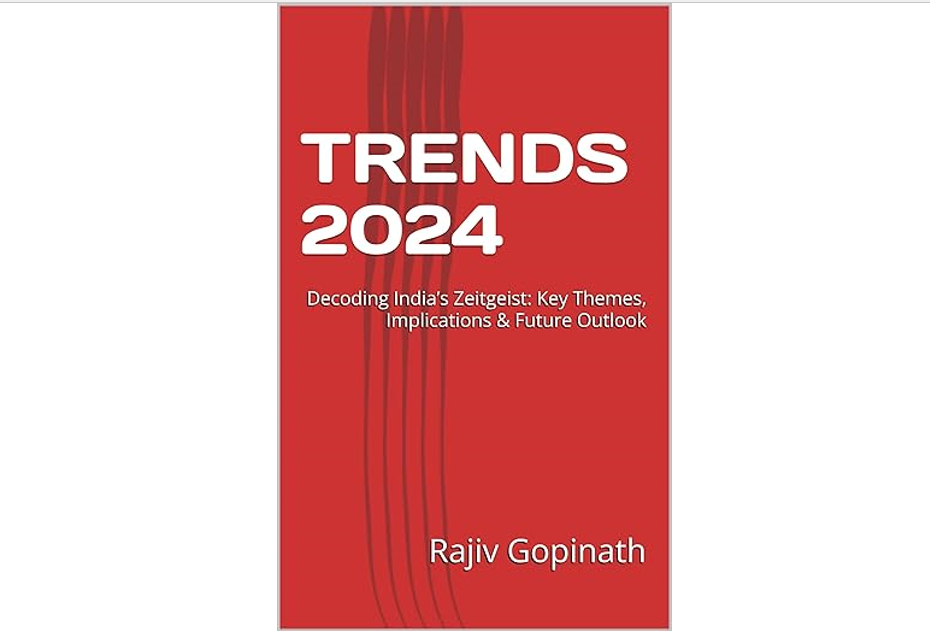The Ethics of Subscription-Based Pricing: Are Consumers Being Trapped?
It was a routine Sunday afternoon when Emily decided to finally cancel her seldom-used fitness app subscription. Three screens, five confirmation prompts, and twenty minutes of frustration later, she found herself caught in an endless loop of “please call customer service” messages—which, conveniently, was closed on weekends. That moment of futile clicking crystallized something Emily had been sensing about the subscription economy: had convenience morphed into captivity?
As a marketing ethicist, she began documenting these “dark patterns” across dozens of subscription services, uncovering a troubling tension between business growth imperatives and consumer autonomy. What started as personal frustration evolved into a professional fascination with an increasingly important question: in a subscription-saturated world, where is the line between customer retention and customer imprisonment?
Introduction: The Subscription Paradox
The global subscription economy has exploded to an estimated $650 billion market, reshaping industries from entertainment to enterprise software. While offering genuine benefits of convenience, access, and affordability, this model also introduces complex ethical questions about consumer freedom, transparent pricing, and psychological manipulation.
According to a 2023 Deloitte consumer study, 47% of consumers report feeling "trapped" in at least one subscription service, despite 74% acknowledging they value subscription models overall. This paradox—simultaneously appreciating and resenting subscription services—reveals the nuanced ethical landscape businesses must navigate to build sustainable, ethically sound subscription models in an increasingly skeptical marketplace.
1. Dark Patterns: The Architecture of Entrapment
The ethical concerns begin with deliberately complex cancellation processes. UX researcher Harry Brignull, who coined the term "dark patterns," identifies subscription services as particularly prone to what he calls "roach motel" design—easy to enter but difficult to exit.
Research from Princeton's Center for Information Technology Policy revealed that 89% of studied subscription services employed at least one dark pattern in their cancellation flows. The most common techniques include:
- Multi-page cancellation processes requiring numerous confirmations
- Emotional manipulation ("We'll miss you!" paired with sad imagery)
- Hidden cancellation methods (phone-only cancellation for digital services)
- Forced retention conversations before allowing cancellation
These patterns aren't merely annoying—they represent deliberate friction designed to exploit behavioral economics principles. Nobel laureate Richard Thaler's research on status quo bias explains why these tactics work: humans naturally resist change, and even small obstacles can trigger decision avoidance.
2. The Transparency Deficit: Hidden Costs and Price Escalation
Beyond cancellation friction, subscription services often employ questionable pricing tactics. Consumer Reports' 2023 analysis of subscription pricing found that 72% of services studied implemented post-promotional price increases averaging 60-150% above initial rates.
More concerning is the trend toward what pricing ethicist Hermann Simon calls "drip pricing"—where the initially advertised price differs substantially from the eventual total cost. This manifests in subscriptions through:
- Introductory rates that escalate automatically
- Add-on features initially bundled then unbundled
- Tiered content access that shifts over time
Netflix exemplifies this ethical challenge. Their gradual content migration from basic to premium tiers represents what Harvard Business School professor Rebecca Henderson calls "value migration"—where perceived value steadily shifts to higher-priced tiers without corresponding cost increases.
3. Psychological Targeting: Personalization vs. Exploitation
AI-powered subscription businesses now leverage behavioral data to target psychological vulnerabilities. Spotify's former Head of Discovery Dan Stein revealed that their algorithms identify not just what users like, but when they're most emotionally responsive to upgrading.
Research from Stanford's Persuasive Technology Lab shows that personalized prompts timed to emotional states can increase conversion by up to 340%. While potentially beneficial for matching users to relevant services, these capabilities raise profound questions about informed consent and psychological manipulation.
The most concerning examples come from subscriptions targeting children and vulnerable populations. Mobile gaming subscriptions employing variable reward mechanisms—mechanisms psychologist B.F. Skinner proved create addiction-like behaviors—raise particular ethical concerns when targeting minors with limited decision-making capacity.
4. The Autonomy Question: Choice Architecture and Freedom
Perhaps the most fundamental ethical question is whether subscription models enhance or diminish consumer autonomy. Behavioral economist Cass Sunstein's research on "choice architecture" reveals how seemingly neutral design decisions powerfully influence consumer behavior.
Adobe's shift from perpetual licenses to Creative Cloud subscriptions exemplifies this dilemma. While offering more frequent updates and lower upfront costs, it eliminated consumers' ability to own software outright—a fundamental change in the relationship between creator and tool that sparked significant backlash.
The subscription economy's expansion into essential services further complicates these questions. As healthcare, transportation, and education increasingly adopt subscription pricing, concerns about economic stratification and access inequality gain urgency.
5. Toward Ethical Subscription Models: The Path Forward
Despite these concerns, the subscription model isn't inherently unethical. Companies like Patagonia (Worn Wear), Microsoft (Game Pass), and Costco demonstrate that subscription models can balance business sustainability with consumer respect.
The most ethical subscription services share common characteristics:
- Clear, transparent pricing without hidden escalations
- Effortless cancellation processes equal in simplicity to sign-up
- Genuine ongoing value delivery rather than artificial retention barriers
- Respect for consumer data and psychological vulnerabilities
Conclusion: Rebalancing the Subscription Relationship
The subscription economy stands at an ethical crossroads. As regulatory bodies like the EU's Digital Services Act and the FTC's proposed "click-to-cancel" rule apply increasing scrutiny, businesses must reconsider retention strategies built on friction and obscurity.
The most forward-thinking companies recognize that ethical subscription models ultimately deliver superior business results. Research from subscription analytics firm ProfitWell shows that companies with transparent pricing and straightforward cancellation processes report 23% higher customer lifetime value, driven by stronger trust, brand advocacy, and willing re-subscription.
The future belongs not to businesses that trap consumers but to those that earn ongoing loyalty through transparency, respect for autonomy, and genuine continuous value creation.
Call to Action
For business leaders, conduct an ethical audit of your subscription practices, with particular focus on cancellation flows, pricing transparency, and psychological targeting. Establish ethical guidelines that prioritize long-term customer relationships over short-term retention metrics.
For consumers, exercise your market power by supporting businesses with ethical subscription practices. Document and report manipulative tactics to consumer protection agencies. Most importantly, regularly audit your subscriptions to ensure they continue providing genuine value rather than exploiting inertia.
The subscription economy holds tremendous potential for creating sustainable business models while delivering genuine consumer value—but realizing this potential requires an unwavering commitment to ethical principles that respect consumer autonomy and choice.
Featured Blogs

TRENDS 2024: Decoding India’s Zeitgeist: Key Themes, Implications & Future Outlook

How to better quantify attention in TV and Print in India

AI in media agencies: Transforming data into actionable insights for strategic growth

How the Attention Recession Is Changing Marketing

The New Luxury Why Consumers Now Value Scarcity Over Status

The Psychology Behind Buy Now Pay later

The Rise of Dark Social and Its Impact on Marketing Measurement

The Role of Dark Patterns in Digital Marketing and Ethical Concerns








